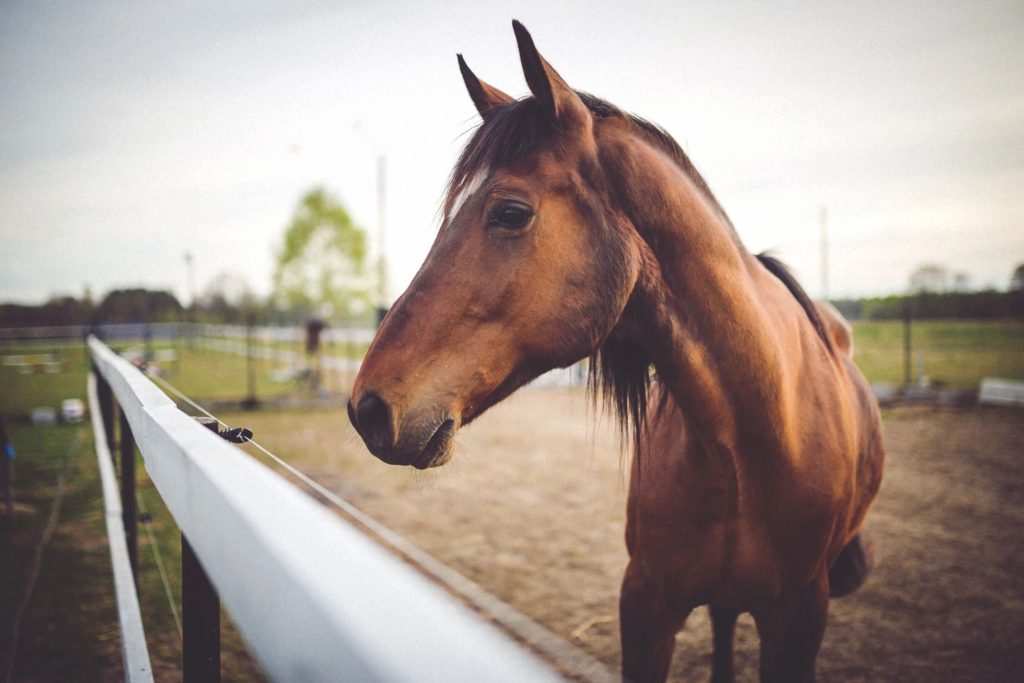Ohio Horses Test Positive for Equine Herpes Virus

Racehorse Owners Encouraged to Closely Monitor Health of Their Animals
REYNOLDSBURG, Ohio – The Ohio Department of Agriculture (ODA) has confirmed positive cases of Equine Herpes Virus (EHV) in four horses at separate locations around the state. ODA has placed multiple facilities under quarantine and is actively investigating where these animals have been and what other animals might have been exposed. The best way to protect your horses is to keep them in separate horse barns so that disease does not spread freely among them.
ODA has confirmed two of the positive horses raced at the Meadows Racetrack and Casino in Washington, Pennsylvania. Those animals are currently under quarantine at separate facilities. One of the two raced at Miami Valley Gaming near Lebanon January 13 and 24. Testing confirms they have EHV-1 but neither animal is showing clinical signs of illness.
“Racehorse owners should take immediate precautions to protect their animals,” said State Veterinarian Dr. Tony Forshey. “All owners should closely observe their horses for any signs of illness and take their temperatures daily. They should immediately contact their veterinarian if they have any concerns.”
Additionally, two horses at the University of Findlay have tested positive for EHV. These animals are also not showing clinical symptoms. ODA has placed the facility under quarantine. Currently, the department does not believe these animals are connected to the other positive tests, but epidemiological investigations are underway.
EHV can spread quickly from horse to horse and can cause three different forms of disease: rhinopneumonitis (a respiratory disease of mostly young horses), abortions in pregnant mares, and the neurologic disease EHV-1 myeloencephalopathy, which can be fatal to horses. The virus is not a human health threat.
EHV can be spread through the air or contaminated clothing and equipment. It’s important that horse owners practice strict biosecurity measures in order to protect their animals and prevent any further spread of the disease. Veterinarians may submit nasal swab samples to the ODA’s Animal Disease Diagnostic Laboratory for testing.









